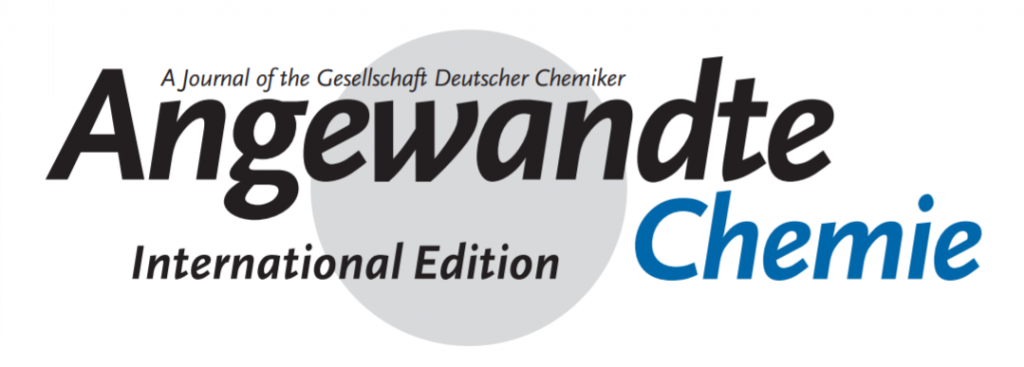
Is too much irony even a thing? Let’s test the principle.
The guest editor of a special issue on failures in public health and related projects has quit the effort because she and her colleagues couldn’t convince the journal to include more researchers from developing countries in the initiative.
In a blog post about the ill-fated venture, the “WASH Failures Team” — Dani Barrington, Esther Shaylor and Rebecca Sindall — describe their initial excitement, and subsequent dismay, as the International Journal of Environmental Research and Health, an MDPI title, first agreed to publish the special issue but then informed the team that it wanted to focus on first-world problems.
Initially, all three women believed they would be responsible for the project, but the journal approved only Barrington for the guest editor post:
Continue reading Failure fails as publisher privileges the privileged







